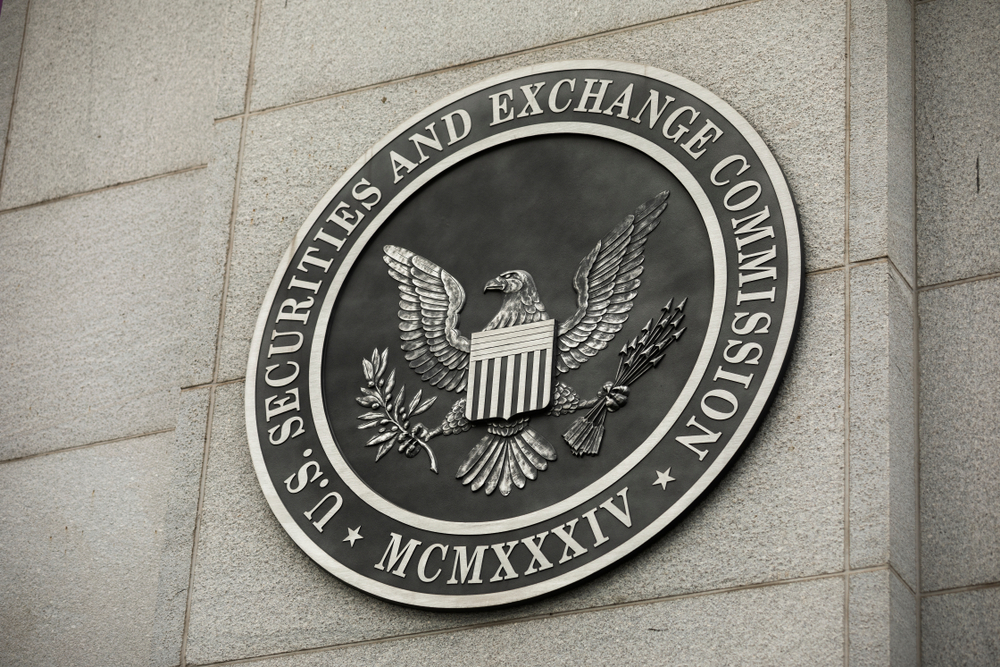On July 30, the SEC filed a response to a court order from July 9, stating that it wants to amend its complaint concerning the “Third Party Crypto Asset Securities” mentioned in its opposition to Binance’s motion to dismiss. This means the SEC no longer seeks a court ruling on whether the affected tokens are securities.
What Are Securities?
A security token is the blockchain equivalent of a securitized asset traded on the stock market. Securities are subject to stringent regulatory oversight to protect investors and ensure fair market practices. If a cryptocurrency is classified as a security, it must comply with these regulations, which can include disclosure requirements, registration with the SEC, and ongoing reporting obligations.
Tokens Involved
In its original lawsuit against Binance, the SEC identified several tokens as securities, including Binance Coin (BNB), Binance USD (BUSD), Solana (SOL), Cardano (ADA), Polygon (MATIC), Cosmos (ATOM), The Sandbox (SAND), Decentraland (MANA), Axie Infinity (AXS), and Coti (COTI). This is part of a broader claim that includes at least 68 tokens, impacting over $100 billion worth of cryptocurrencies.
Neil Roarty, an analyst at investment platform Stocklytics, commented on the SEC’s latest cryptocurrency move:
“Several cryptocurrencies bounced on news that the U.S. Securities and Exchange Commission (SEC) has retracted its request for the courts to rule whether certain popular tokens should be deemed securities. XRP gained seven percent in the hours immediately after the announcement, while Solana’s SOL cryptocurrency was up five percent.
“The move doesn’t mean these cryptocurrencies are out of the woods, but it does suggest a softening of approach by the SEC, and traders appear to be optimistic that settlements can be found. An SEC securities ruling is seen as a death knell for most cryptocurrencies, as it would bury tokens under mountains of regulatory compliance obligations and make it nearly impossible for casual traders to buy.”
Changing Perspectives on Crypto in the U.S.
The SEC’s decision comes amid shifting political views on cryptocurrency. Recently, former President Donald Trump announced his intention to end the “war on crypto” as part of his election campaign. He pledged to make the U.S. the “crypto capital of the planet” and mentioned plans to fire SEC Chair Gary Gensler and establish a presidential advisory council for crypto and Bitcoin.
Meanwhile, Democratic Party members are also reconsidering their stance on digital assets. A group of House Representatives urged the party to adopt a progressive approach towards blockchain and digital assets. In response, advisors to Vice President Kamala Harris have reached out to crypto companies to mend relations with the industry.
This shift in political sentiment reflects the growing importance of cryptocurrency in the U.S. and the evolving regulatory landscape.
